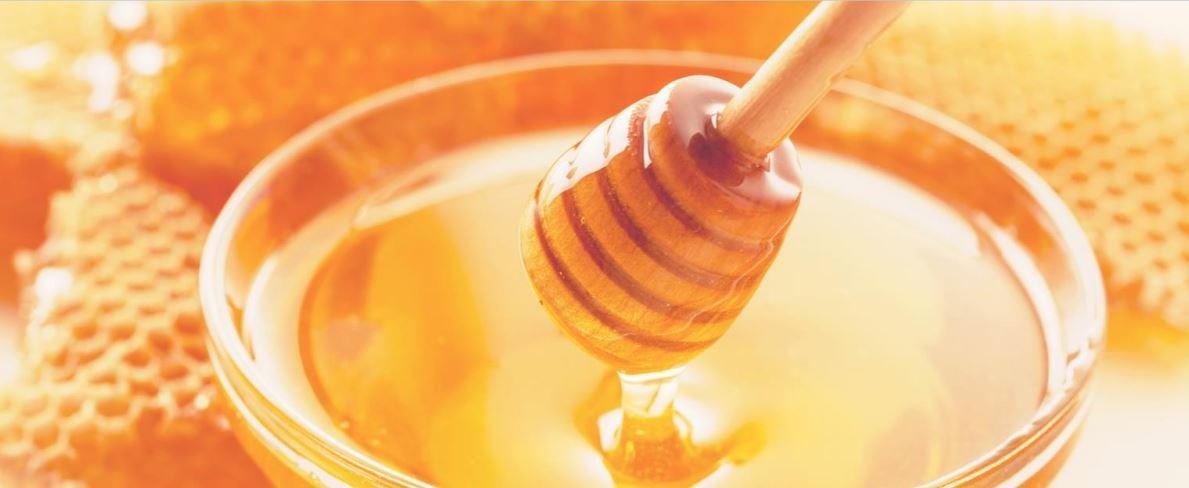In this webinar, Thomas Spengler, Market Manager for Food, Feed & Beverage Solutions and Léa Heintz, Product Manager for the FoodScreener product platform at Bruker BioSpin, explain how the Honey-Profiling solution can provide a strong tool for the detection of honey fraud.

Speakers
Thomas Spengler
Director Market Management Food Feed Beverages & Head of Lean Customer Development, AIC Division, Bruker BioSpin GmbHr
Holds a master degree from Technical University Munich in food engineering and he is in charge of the Food, Feed & Beverage markets. His main focus is to support the business growth, to identify new markets and segments and translate the voice of the customers into new solutions which address their needs.
Lea Heintz
Product Manager, FoodScreener, AIC Division
Graduated with a Master of Science in Analytical Chemistry. She worked several years as an application scientist at Bruker, developing NMR methods for food matrices to monitor authenticity and quality. She is now working as a product manager for the food High Resolution NMR portfolio which comprises the Foodscreener platform and its screening methods.
What to Expect?
Adulteration with sugar syrup is the most widely observed honey fraud, with misrepresentation of geographical and/or botanical origin being second. Do we know exactly if it is 100% pure and authentic honey? Despite the existence of regulations and control authorities, many of the food products we consume every day, like honey continues to be a target for food fraudsters.
The Honey-Profiling solution from Bruker, which is based on 1H-NMR spectroscopy, combines targeted quantification of defined compounds as well as untargeted fingerprinting (identifying deviations from reference spectra). The method allows the detection of potential frauds like addition of sugar syrups, the mislabeling of the country of origin or the botanical variety; all in one single measurement. Excessive heat treatment or start of fermentation are also parameters that can be identified.
Who Should Attend?
This webinar will interest those involved in the value chain of honey, including importers and exporters, honey packers, private analytical service labs as well as governmental control bodies, which are responsible for protecting consumers and ensuring the quality, safety and authenticity of food.